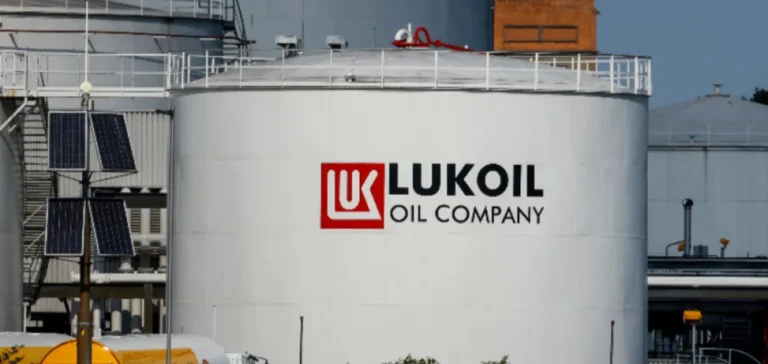The Bulgarian government has appointed a public administrator to take control of Russian oil group Lukoil’s local assets in a move to pre-empt US economic sanctions set to take effect from November 21. The decision aims to ensure continued operations at the Neftochim refinery in Burgas, a strategic facility and the country’s largest industrial enterprise.
Temporary control over critical infrastructure
Bulgarian Minister of Economy Petar Dilov announced on Friday the appointment of Rumen Spetsov as administrator of all Lukoil operations on national territory. He stated that this action will provide “effective control of this critical infrastructure”, in compliance with national legal requirements. The administrator is authorised to dispose of assets with government approval and is granted judicial immunity for the duration of his mandate.
The Burgas refinery, wholly owned by Lukoil, generated €4.68bn ($5bn) in revenue in 2024. It remains the largest refinery in the Balkans and the main fuel supplier for the Bulgarian market.
Temporary green light from the United States
Hours after the Bulgarian announcement, the United States Department of the Treasury extended permission for Lukoil’s activities in the country until April 29, 2026. This temporary extension allows Sofia to avoid an immediate disruption to its national energy supply while aligning with Western sanction policies targeting Russia.
Since Russia’s 2022 invasion of Ukraine, Bulgaria has increased efforts to shift its energy dependencies. However, the country remains reliant on some Russian flows, particularly in refining and fuel distribution, where Lukoil remains the dominant player.
Domestic criticism and diplomatic tensions
The Bulgarian decision has drawn internal criticism. President Roumen Radev warned of a “massive financial risk” if Lukoil initiates legal proceedings. The opposition also suspects the government of preparing to transfer refinery assets to a politically connected private actor—an allegation firmly denied by the ruling coalition.
On the Russian side, the reaction was swift. Russian Ambassador to Sofia Eleonora Mitrofanova condemned the move as an “expropriation law” in an interview with the TASS agency, claiming it “creates a dangerous precedent” for foreign companies operating in politically unstable environments.






















